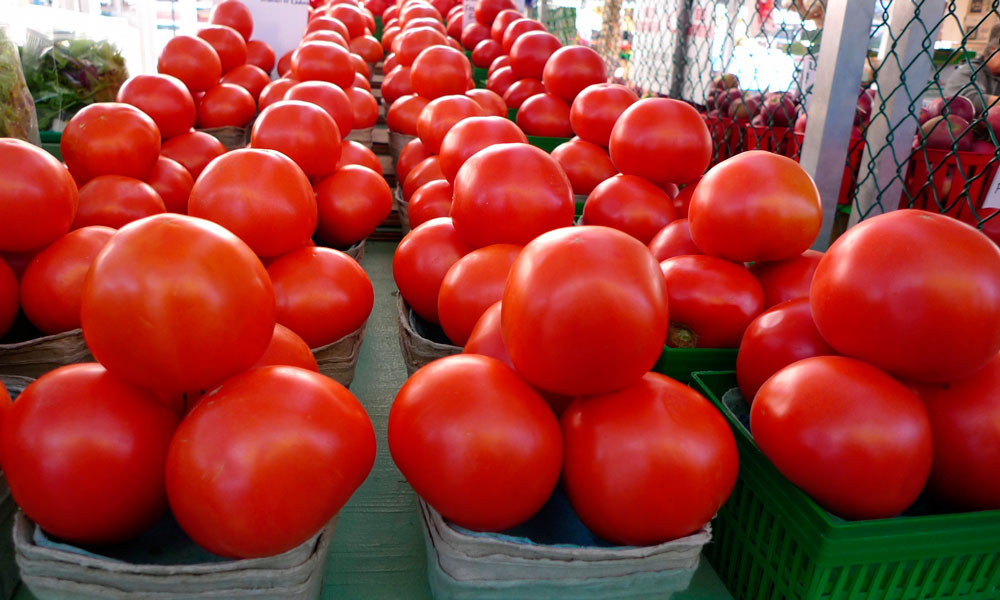
World Wildlife Fund Eyes Food Sustainability With New Institute
With the launch of its new Markets Institute, the World Wildlife Fund hopes to improve the sustainability of the world's food supply. And it starts by getting major stakeholders talking.
The World Wildlife Fund (WWF) is ready to take on a big problem—and it involves the food on your plate, as well as everyone else’s.
This week, WWF announced it is launching the Markets Institute to encourage sustainable food production worldwide, particularly in the private sector. The major concern for the institute involves ensuring the sustainability of food production while protecting the biodiversity of animals that have nothing to do with your food.
The nonprofit organization, which estimates that more than 70 percent of land suitable for food production is already in use, is expressing concerns that in the coming years we may reach the limits of what we can produce sustainably.
“Where and how we produce food, along with climate change, will determine whether or not we will be able to maintain our world’s biodiversity and ecosystems,” WWF President and CEO Carter Roberts said in a statement. “Our new Markets Institute is a vital initiative in WWF’s global strategy to create measurable, swift impact at scale.”
The Markets Institute will collaborate with private, public, and nongovernmental organizations, as well as the academic world. The group hopes to raise awareness and share ideas that could encourage more sustainable food production in the long run.
So what’s the biggest problem? We’re throwing too much of our food away. Dr. Jason Clay, the executive director of the new initiative, says the current food-production process has too many inefficiencies that must be dealt with.
“We will need to work simultaneously on increasing productivity, access, and efficiency while reducing waste and shifting consumption. For each calorie we produce, we must use less land, water and energy, discharge less fertilizer, pesticide, and greenhouse gas, and squander less of what we grow. Indeed, to that last point, we waste one in three calories globally, or about 1.3 billion tons of food each year,” Clay wrote in The Huffington Post last year.
On top of this, Clay adds, the process of converting natural habitats into farmland creates ecological problems, as well as climate problems, as such conversions release carbon into the atmosphere. And growing droughts worldwide are also causing significant concerns.
WWF’s strategy to solving this problem? It involves getting the right people talking—holding events where these conversations can take place.
“By bringing the right people to the table, WWF has already proven we can collectively incubate workable approaches the private sector can translate into market-based, sector-wide solutions,” Clay said in a news release last week.
Interested in learning more? Check out the Markets Institute website.
(iStock/Thinkstock)






Comments